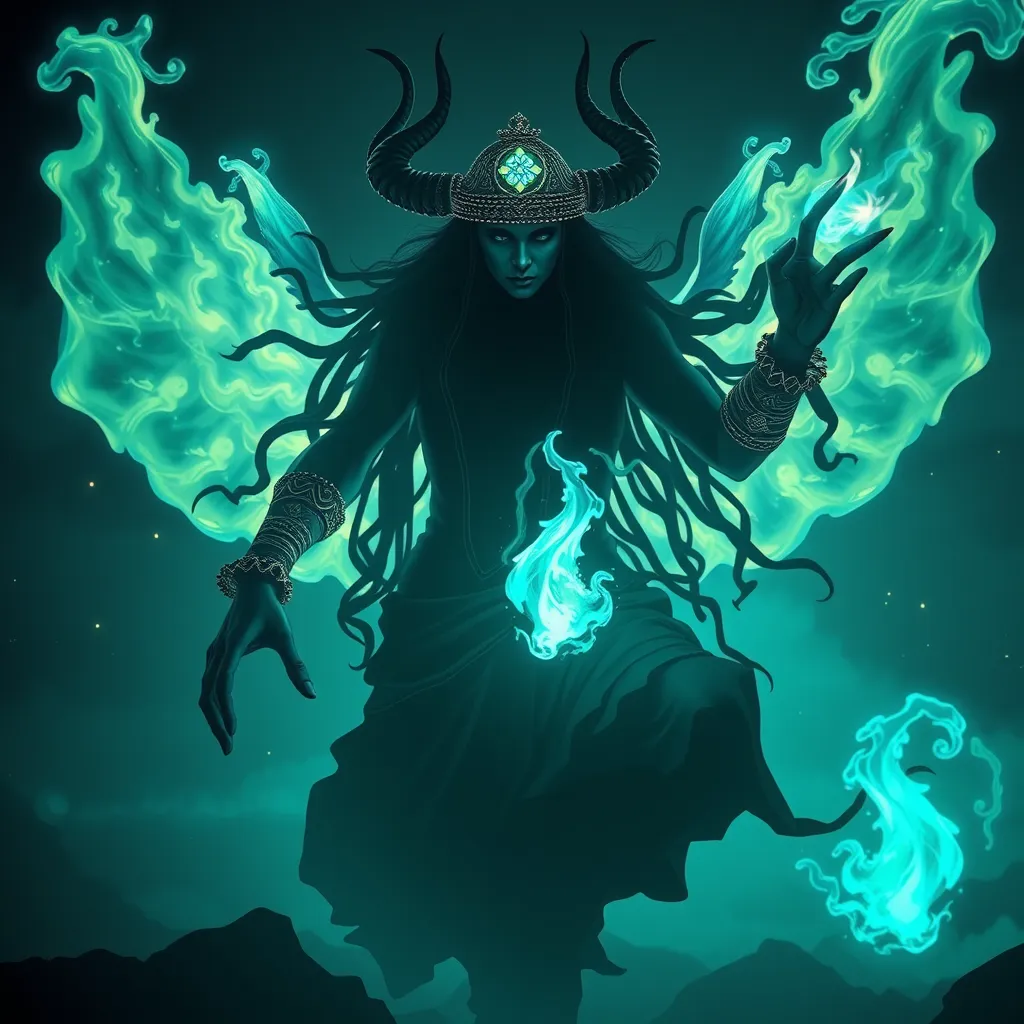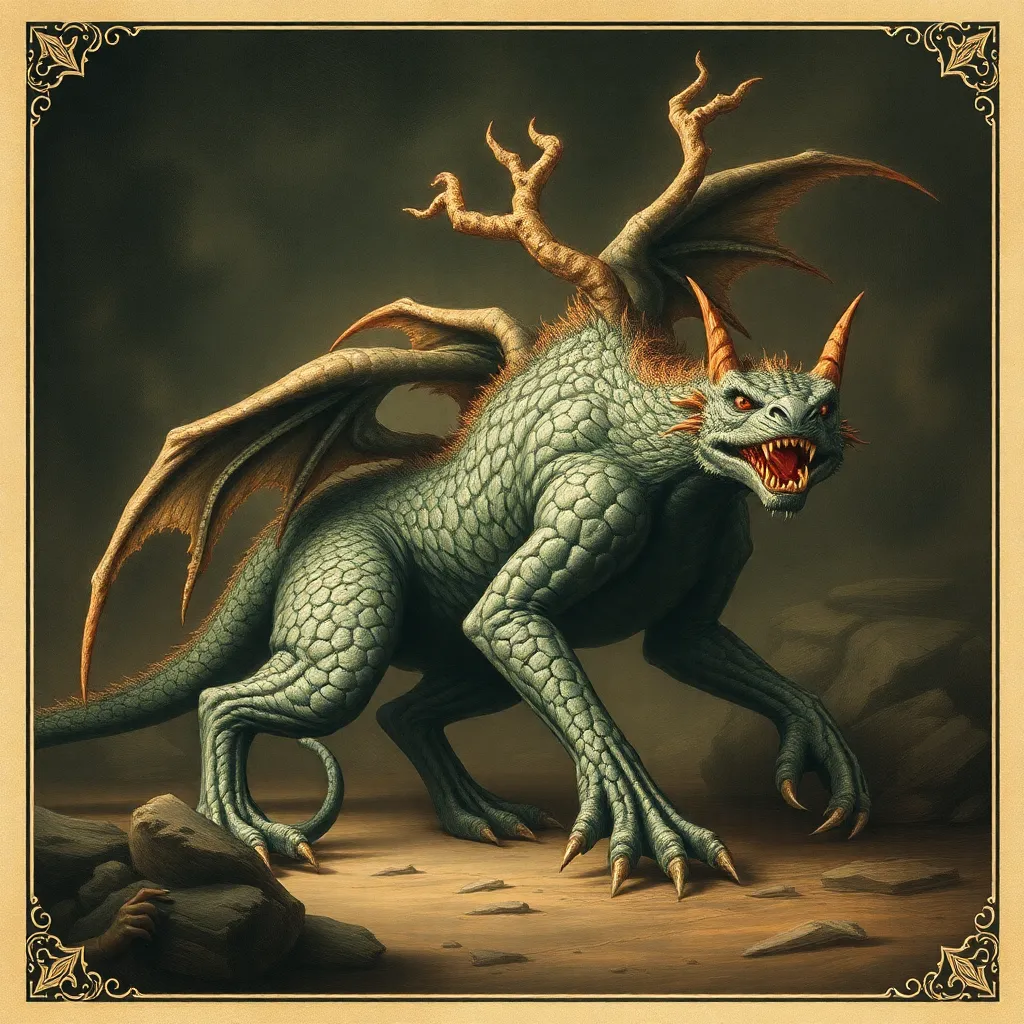The Jinn and the Power of Wishful Thinking: Exploring the Myth of Jinn Granting Wishes
Introduction
The concept of jinn has fascinated people across various cultures for centuries. These supernatural beings, often depicted as having the ability to influence human lives, are deeply rooted in folklore, religion, and mythology. Alongside the jinn, the idea of wishful thinking has emerged as a significant aspect of human psychology, shaping our desires and aspirations. This article aims to explore the myth of jinn granting wishes, examining the origins of jinn, their cultural significance, and the complex interplay between desire and fulfillment in the context of wishful thinking.
Understanding Jinn: Origins and Beliefs
Jinn, or djinn, have their origins in pre-Islamic Arabian mythology. These entities are believed to be made of smokeless fire and possess free will, similar to humans. The Quran, the holy book of Islam, provides several references to jinn, reinforcing their significance in Islamic theology. Here are some key points regarding jinn:
- Historical Roots: Jinn were originally thought to be spirit beings associated with natural elements and were often revered or feared by ancient Arab tribes.
- Types of Jinn: Jinn can be classified into various categories, including marid (powerful), ifrit (malevolent), and benevolent spirits known as qareen.
- Religious Texts: The Quran speaks of jinn as beings created by Allah, who have their own communities and can choose to believe or disbelieve in God.
The Connection Between Jinn and Wishes
Throughout history, jinn have been associated with the granting of wishes, leading to countless tales and folklore. The most famous of these stories is perhaps that of Aladdin and his magic lamp, where a jinn grants the protagonist three wishes. This connection raises intriguing questions about the nature of wishes within jinn mythology.
- Folklore and Stories: Many stories depict jinn as beings who can fulfill human desires, but often with a twist, highlighting the complexity of wishes.
- Popular Tales: In addition to Aladdin, other tales like that of the Fisherman and the Jinn illustrate the consequences and moral lessons associated with wish granting.
- Role of Wishes: In jinn mythology, wishes often serve as a narrative device to explore deeper themes of desire, greed, and the human condition.
Wishful Thinking: Psychological and Cultural Perspectives
Wishful thinking refers to the mental process of hoping for a desired outcome, often without a realistic basis. It plays a significant role in how individuals cope with challenges and envision their futures.
- Definition: Wishful thinking involves believing that favorable outcomes are possible, even in the absence of evidence.
- Psychological Mechanisms: Cognitive biases, such as optimism bias, often lead people to underestimate the risks associated with their wishes.
- Cultural Significance: Different cultures celebrate the act of wishing, often incorporating rituals and traditions that reflect societal values and beliefs.
The Dark Side of Jinn and Wish Fulfillment
While jinn are often depicted as benevolent wish granters, there exists a darker side to this mythos. Cautionary tales remind us of the potential consequences of wishing for the wrong things.
- Cautionary Tales: Many stories highlight the dangers of greed and the unforeseen consequences that can arise from seemingly innocent wishes.
- Dual Nature of Jinn: Jinn can embody both benevolent and malevolent traits, reflecting the complexities of human desires and moral choices.
- Lessons Learned: These narratives often emphasize the importance of being careful about what one wishes for, reminding us of the moral implications of our desires.
Modern Interpretations of the Jinn and Wishes
In contemporary society, the myth of jinn and the concept of wishes have evolved, finding new expressions in literature and media.
- Contemporary Literature: Modern authors often reinterpret jinn as symbols of personal struggle, identity, and the pursuit of dreams.
- Societal Views: In today’s fast-paced world, the notion of wishes has shifted from supernatural entities to personal aspirations and goals.
- Global Context: The jinn myth has transcended cultural boundaries, inspiring stories and interpretations around the globe.
The Role of Jinn in Personal Aspirations and Motivation
Metaphorically, jinn can represent the aspirations and motivations that drive individuals toward their goals. By harnessing the concept of wishful thinking, one can channel their desires into actionable steps.
- Metaphorical Use: Jinn can symbolize the inner drives and ambitions that propel us forward in life.
- Harnessing Wishful Thinking: Positive wishful thinking can motivate individuals to pursue their goals more vigorously.
- Practical Tips:
- Set clear and achievable goals.
- Visualize your desires and the steps needed to achieve them.
- Reflect on past experiences to understand the implications of your wishes.
Conclusion
In summary, the exploration of jinn and the myth of wish granting reveals a rich tapestry of cultural beliefs and psychological insights. From ancient stories to modern interpretations, the fascination with jinn and wishes continues to endure, serving as a reminder of the complexities of human desire. As we reflect on the power of wishful thinking, it is essential to recognize its potential to inspire and motivate, while also acknowledging the cautionary tales that remind us to be mindful of our wishes and their consequences.



